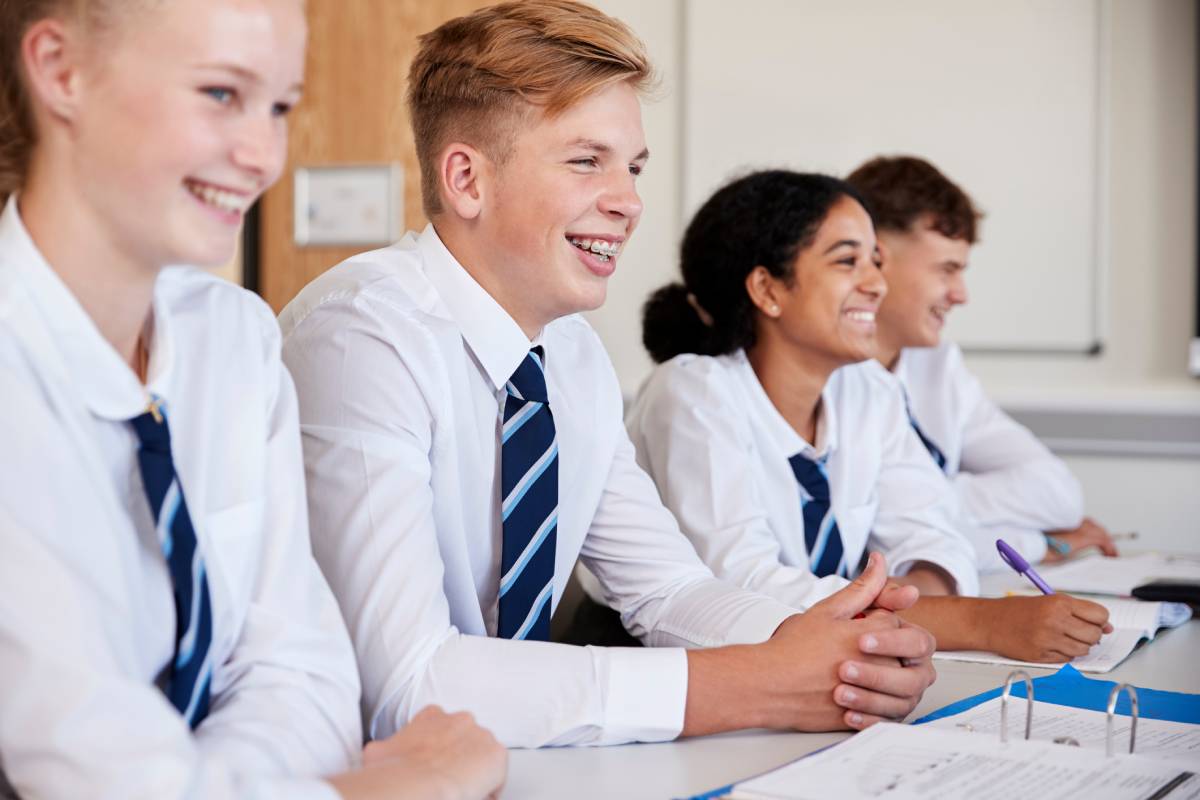Helping students to improve study skills is a vital element of teaching in secondary school. What better way to help students study more effectively than to use the latest research to ascertain which strategies are most effective?
How can research help students develop better study skills?
New research from Ruiz-Martin et al., 2024, found that many students use study techniques that are not effective.
By carrying out cognitive research, they were able to identify the strategies that produced the best outcome for students in secondary school.
An exciting aspect of the research was that they compared cognitive-backed strategies, such as retrieval practice and elaborative study, against commonly used ones, such as highlighting and rereading.
Their investigation included correlating academic achievement and student’s views on study practices.
What did the research tell us about study skills?
There were a number of interesting findings from the research that should help teachers help students achieve better results and boost their well-being.
- Retrieval Practice and Elaborative Study: These cognitive-backed techniques are linked to better academic achievement. They also help to develop positive learning attitudes.
- Students often rely on less effective techniques: Students will stick to familiar strategies unless they are introduced to more effective approaches.
Recommendations from the Research
Here are some suggestions for teachers to help students improve their study skills and outcomes. Teachers should explicitly teach these strategies in order for them to be used effectively.
- Use retrieval practice regularly: Ask students to test themselves regularly via quizzes and flashcards.
- Make more of elaborative study: Show students how to summarise learning with mind maps and using their own words.
- Promote Spaced Practice: Teach students to plan study times over a more extended period instead of cramming.
- Minimise Distractions: Encourage students to see the benefit of a peaceful study environment with no music or mobiles to sidetrack them.
How can teachers help students to study better?
One of the main conclusions from the research is that teachers have a vital role to play when it comes to study skills.
It is up to teachers to introduce the more effective techniques to students in the classroom and give them ample opportunities to practise the techniques before they are left on their own to study.
Students can utilise their time more wisely and achieve better outcomes by emphasising the importance of an ideal study environment and showing how to make a study plan.
Demonstrating the effectiveness of the cognitive-backed techniques will encourage students to focus on these and not waste time with a highlighter or simple reading as methods to study. Showing students how grades can be improved by using retrieval practices and elaborative techniques is a sure way of seeing an improvement in results.
The research also showed a connection between positive attitudes and results, which suggests that teachers who help instil confidence in study techniques may see better outcomes or at least more of an uptake in more effective strategies.



